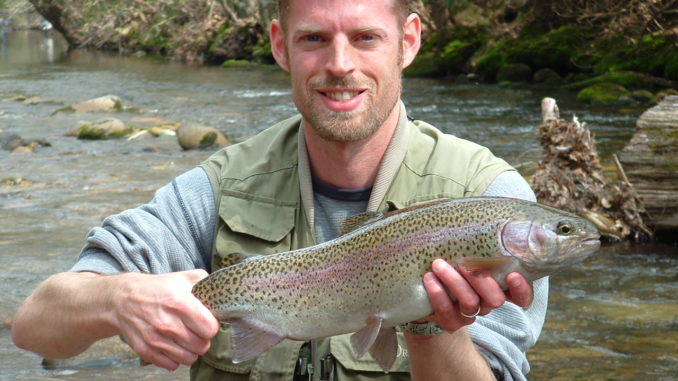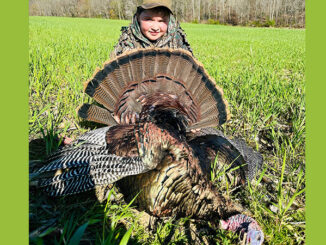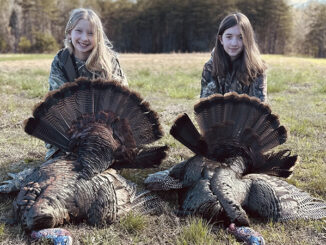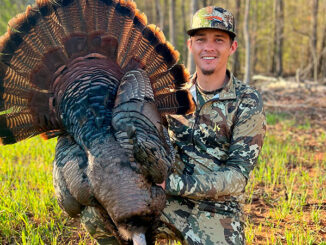
Best places to enjoy the April 2, 2011 opening of hatchery-supported trout waters in the Boone area will be at Upper Laurel Fork Creek and Dutch Creek at Valle Crucis.
“We’ll have delayed-harvest fishing in the stream (Upper Laurel Fork) in back of the (Appalachian Angler) Fly Shop on North Carolina 105,” said Connor Honea, an employee of the shop. “The stream is about to get restocked in the next couple of days.”
The North Carolina Wildlife Resources Commission annually stocks about 860,000 trout in approximately 1,100 miles of mountain trout streams just before the opening of North Carolina’s hatchery-supported fishing season each spring.
Hatchery-supported stream fishing starts at 7 a.m., April 2, in 25 western counties and will end 30 minutes after sunset, Feb. 28, 2012. Stocked trout will average 10 inches in length, but many will be longer than 14 inches.
“They’ll put some 20-inch brookies in there,” Honea said.
Other large trout specimens will include brown and rainbow trout.
“The Valle Crucis Park (Dutch Creek) behind the Mast General Store also will be stocked with trout,” Honea said.
Best fly lures will be Caddis, French nymphs, natural- and olive-colored Hare’s Ears, olive and white Woolly Buggers and Pheasant Tails.
“Best equipment for fly anglers on the larger creeks will be 9-foot rods in 4 or 5 weight and in the small creeks, like Dutch, a 7 1/2-foot rod in 3 or 4 weight is best,” Honea said.
Leaders should be 8 feet of monofilament line.
Spincasters at hatchery-supported waters are restricted to lures with a single hook.
While fishing hatchery-supported trout waters, anglers can keep a maximum of seven trout per day, with no minimum size or bait restrictions.
The WRC raises trout at four mountain-region fish hatcheries and releases them into hatchery-supported streams where public access for fishing is available. But, while hatchery-supported waters are open to public fishing, many of those miles are privately owned.
“Opportunities to fish on many of these hatchery-supported trout streams are only available through the support and generosity of landowners,” WRC Fish Production Supervisor David Deaton said. “The Wildlife Resources Commission reminds anglers to respect the property that they’re fishing on and remember that landowners can take away access if they feel their property is being misused.”





Be the first to comment